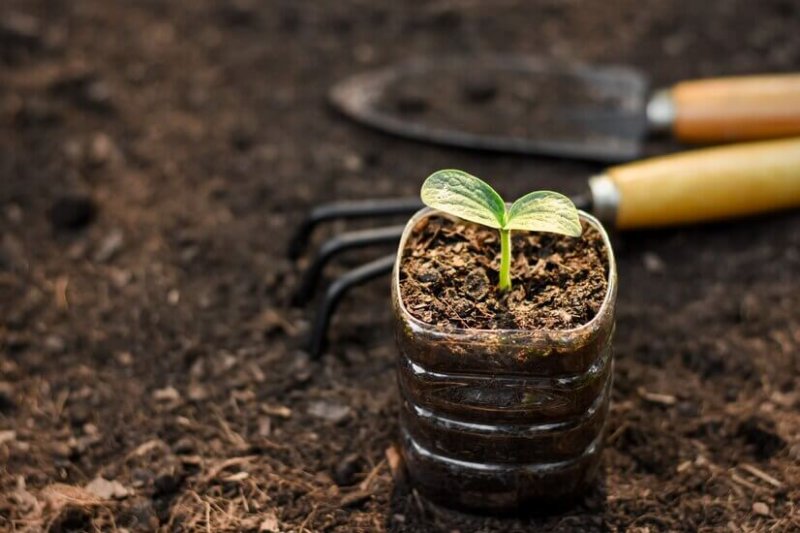Organic farming is only a niche in Europe and worldwide. The important challenge is how to make conventional agriculture much more sustainable. We cannot daydream and be happy in the biobubble!
If you switch completely to organic farming, productivity drops sharply. Then you would have to import a lot more food and thus export environmental impacts to other countries.
An increase in the area under cultivation would endanger raised bogs and green spaces around the world. That would have catastrophic effects on biodiversity, and the associated release of carbon would be a giant step backwards in climate policy.
The combination of high productivity and high ecological sustainability is the way we have to go today. It takes more than organic.
The uncontrolled introduction of mutations with radiation or chemicals, mutagenesis, has been allowed for plant breeding, although it massively changes the genome, while more precise gene editing is classified as a new type of genetic engineering and excluded from organic farming. How does that fit together?
In the Genetic Engineering Act, mutagenesis was allowed as an exception because there had been reliable experience with the method for 30 years and because otherwise many varieties would have had to be thrown out of cultivation. Logically, genome editing would also have been an exception. Of all mutation breeding, the molecular methods are the most mature and I think safe for human and environmental health.
[Editor’s note: This article was originally published in German and has been translated and edited for clarity.]































